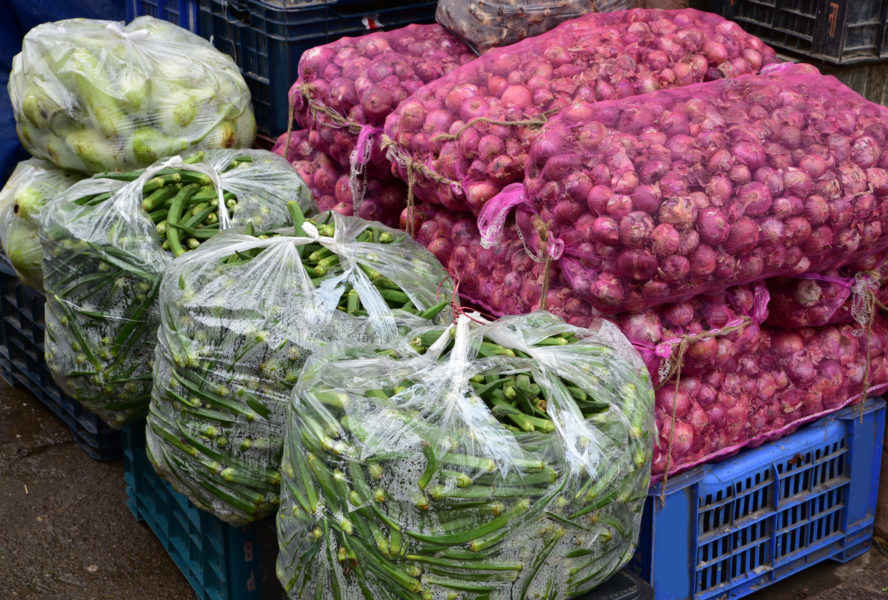
Leveraging E-Commerce to Fight Food Insecurity
Law & Policy InsightsFood Safety and SecurityFood SecurityWhen Amazon purchased Wholefoods for $13.7 billion in 2017, most people did not think of how this might affect low-income Americans living in food deserts. However, thanks to the 2014 Farm Bill, the power of online food retail will soon help increase food access for some of the 41.2 million Americans struggling with food insecurity.



